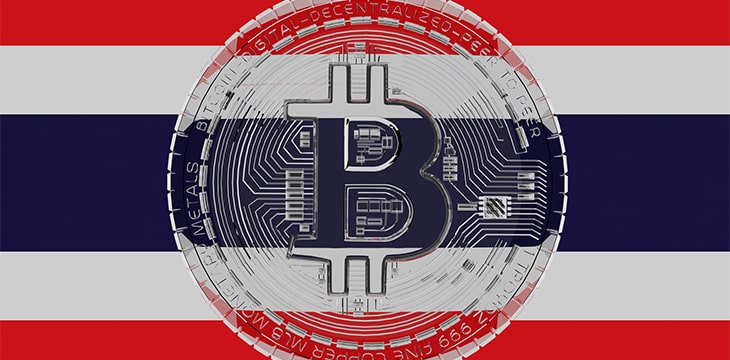|
Getting your Trinity Audio player ready...
|
Thailand has joined Russia and India in outlawing digital currency payments, even as more countries continue to explore the feasibility of Bitcoin payments.
The Thai Securities and Exchange Commission (SEC) announced the ban on digital currency payments this week, which will take effect on April 1. It gave digital currency payment processors 30 days to comply with the new regulations and halt all payments.
The move has been a long time coming, with the country’s central bank stating previously that digital currencies lack the qualities of sound money and can’t be used to make payments. Just two months ago, the Bank of Thailand (BOT), the SEC, and the Ministry of Finance released a joint statement recommending the ban on digital currency payments “to avert potential impacts on the country’s financial stability and economic system.”
At the time, the three identified price volatility, cybertheft, personal data leakage, and money laundering as some of the challenges that hinder the use of digital currencies for payments.
In its statement banning digital asset payments, the SEC prohibited virtual asset service providers (VASPs) from encouraging or promoting the use of digital currencies as payment methods, including through advertising such services. They must also not integrate tools that allow users to make such payments or open new accounts expressly to make Bitcoin payments.
In cases where VASPs discover that their users are making payments in digital currencies, they must report the misuse to the authorities and either suspend or terminate the involved accounts.
The Thai SEC believes that digital currency payments pose a risk to the stability of the payment and financial systems.
“The creation of a unit of account or a unit of pricing other than the Thai baht will reduce the efficiency of monetary policy transmission to maintain product price levels. In addition, if there is a liquidity crisis in the country, the BOT will not be able to provide liquidity assistance to various financial institutions in other forms other than Thai baht,” it stated.
While Thailand bans digital currency payments, its neighbor Malaysia is considering legalizing them. The Malaysian deputy minister for communications revealed recently that the ministry has proposed making Bitcoin legal tender and hopes that the government will approve the proposal.
Watch: CoinGeek New York panel, Future of Digital Asset Trading & Financial Services

 02-19-2026
02-19-2026 




